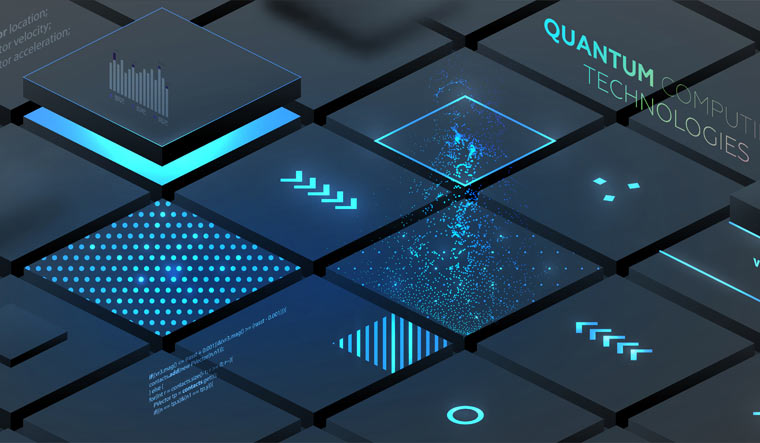In what has been billed as a leap forward in improving intelligence, surveillance and reconnaissance by decreasing the reliance on GPS technology, the Defence Science and Technology Laboratory (DSTL) of the UK developed an atomic clock that will make military operations more secure through experimental quantum technology.
According to UK ministry of defence (MoD), the precision of the clock is so refined that it will lose less than one second over billions of years, allowing scientists to measure time at an unprecedented scale.
Besides, it is also expected to support navigation systems, secure communication networks, and increase the accuracy of advanced weaponry. By decreasing the reliance on GPS technology—which can be disrupted and blocked by adversaries—the atomic clock will strengthen national security, making it less vulnerable to disruptions through various techniques.
ALSO READ: Chinese military afraid of AI missteps?
Further improvement to GPS accuracy could transform global navigation systems, aiding in everything from satellite communication to aircraft navigation.
Some of the key benefits of the technology include enabling more precise and independent navigation systems, reducing reliance on GPS satellites, which are vulnerable to jamming or destruction in conflict scenarios; secure communications systems, such as encrypted military networks, which depend on highly synchronised timekeeping; enhancing the accuracy of advanced weapon systems, like guided missiles, which rely on accurate timing to calculate trajectories and coordinate attacks; and allow UK armed forces to gain an edge over adversaries in timing-critical operations, especially in areas like cyber warfare, where milliseconds can make a difference.
"Integrating cutting-edge technology into existing capabilities exemplifies the government's commitment to innovation in the defence sector, and to ensuring our armed forces have the best kit possible to keep us secure at home and strong abroad," said Maria Eagle, Minister for Defence Procurement and Industry.
The trial of this emerging, groundbreaking technology could not only strengthen our operational capability, but also drive progress in industry, bolster our science sector and support high-skilled jobs, she said.
“Quantum is really important to the UK especially from a defence perspective. If you look at what’s happening in the world at the moment, it’s becoming increasingly obvious that we need better and more robust position navigation and timing services, and that’s something that quantum is uniquely placed to be able to provide,” a technical leader for industry partner Infleqtion has been quoted as saying.



